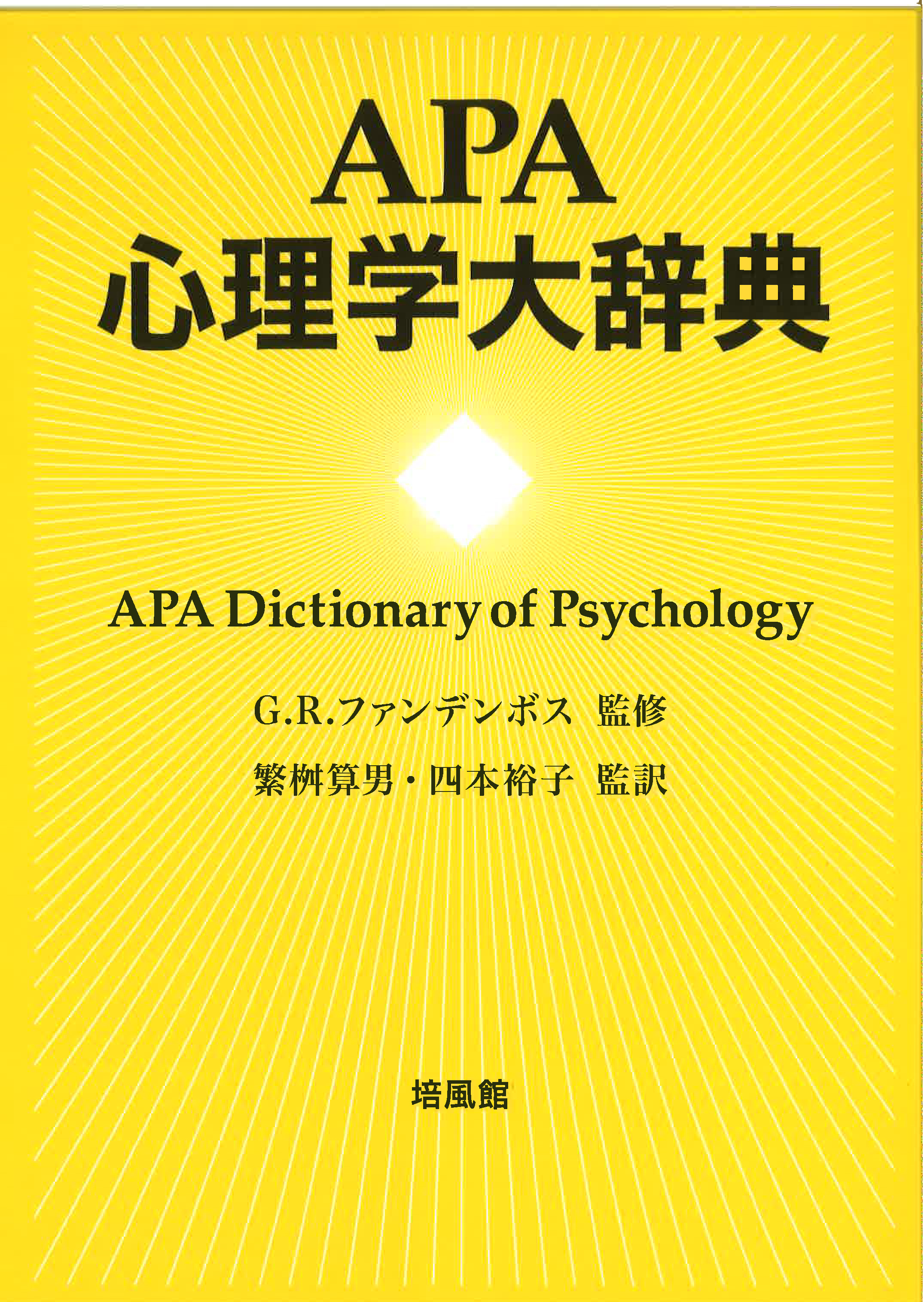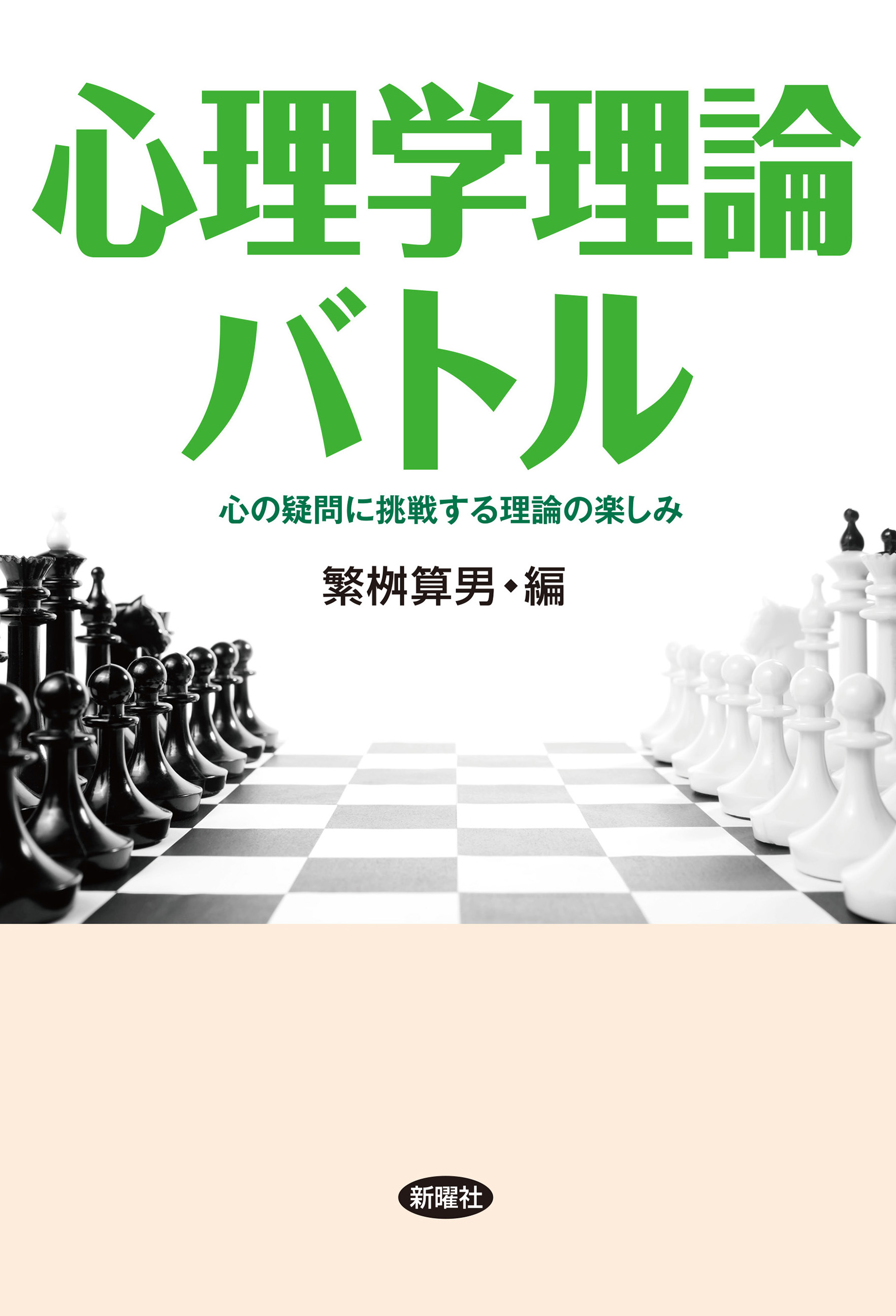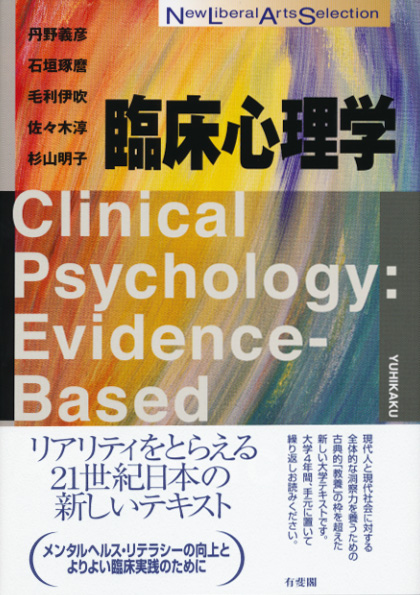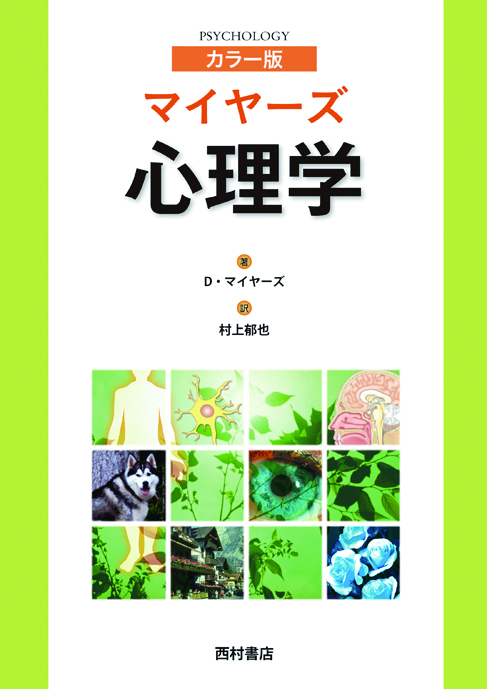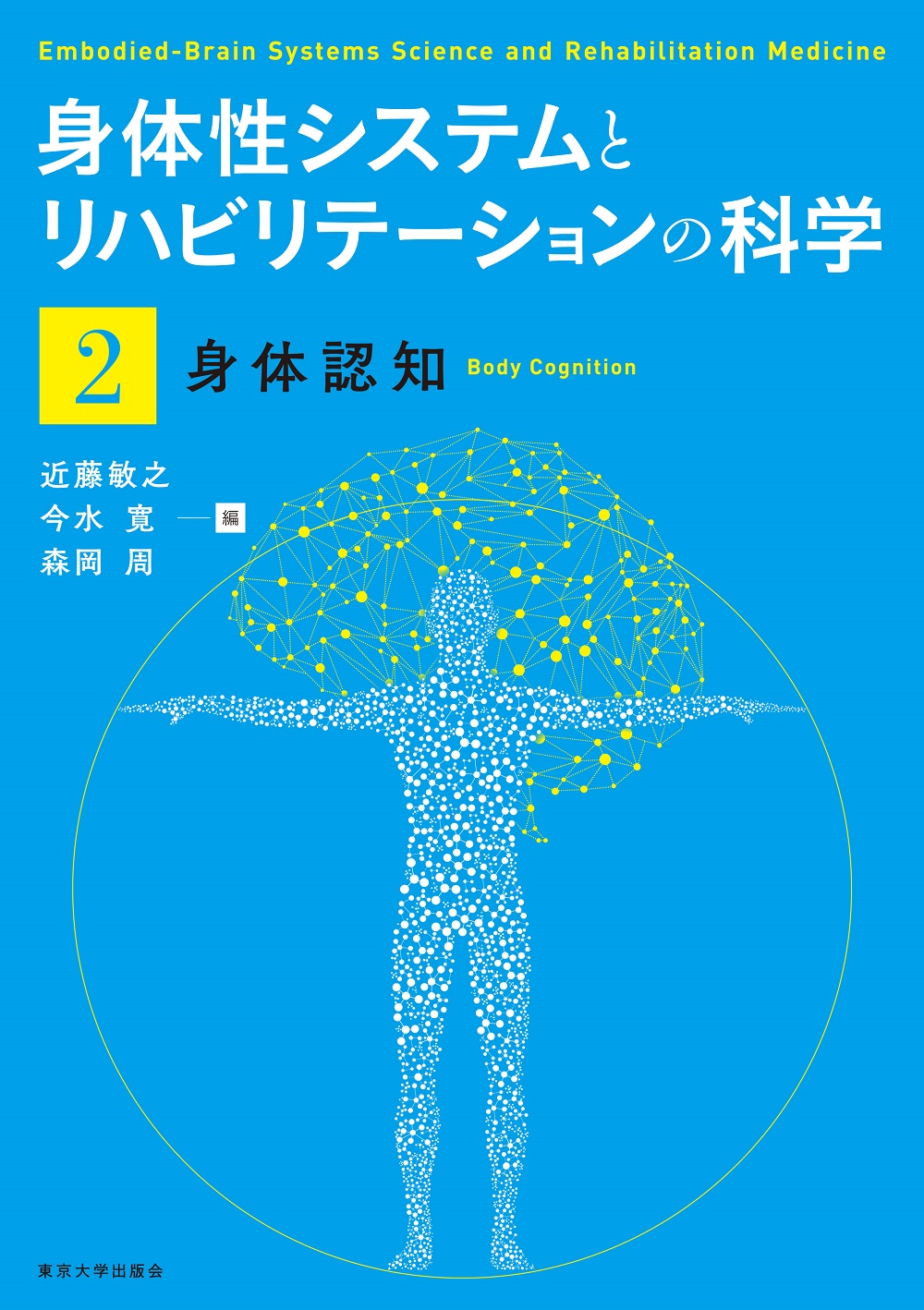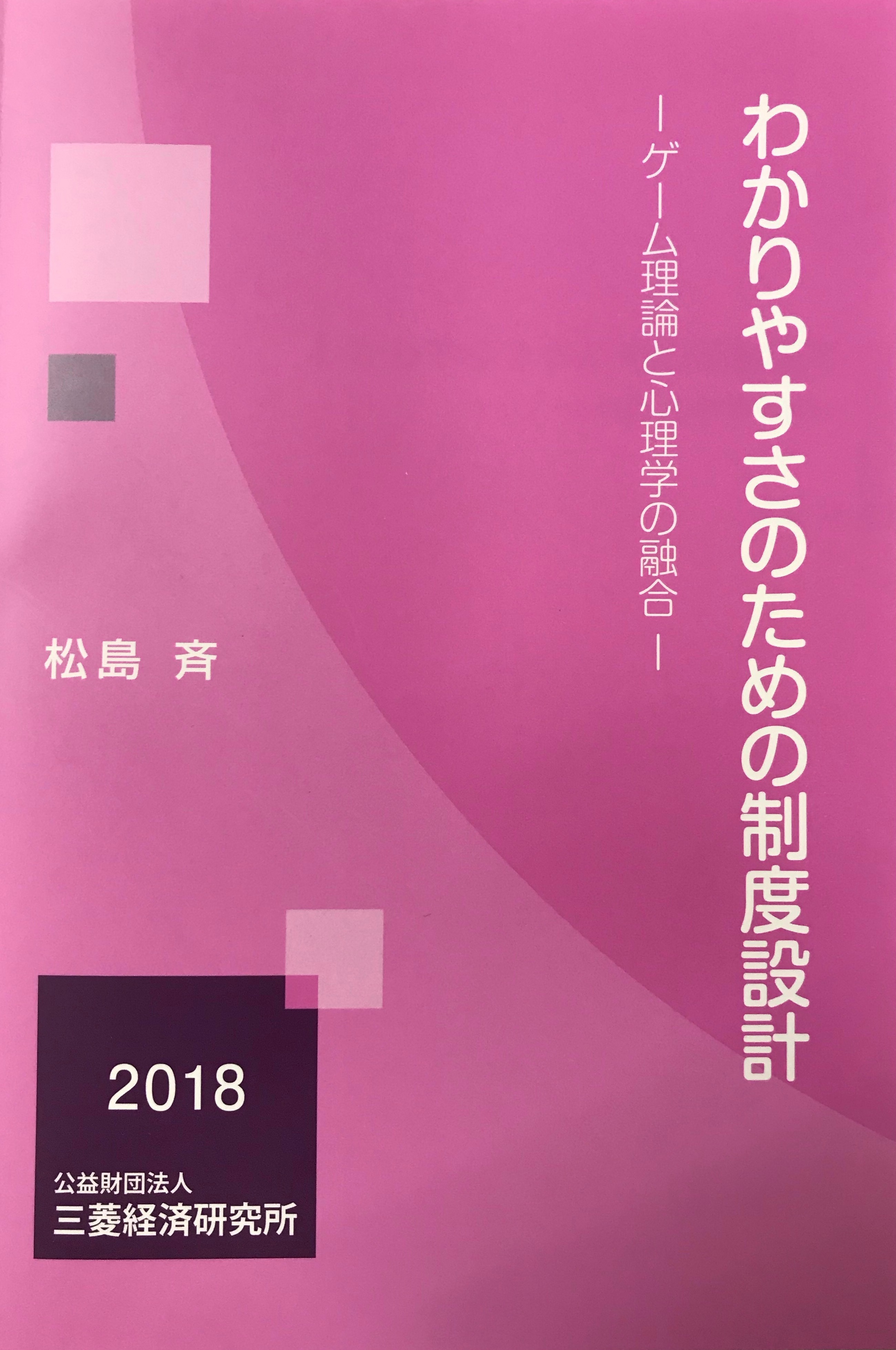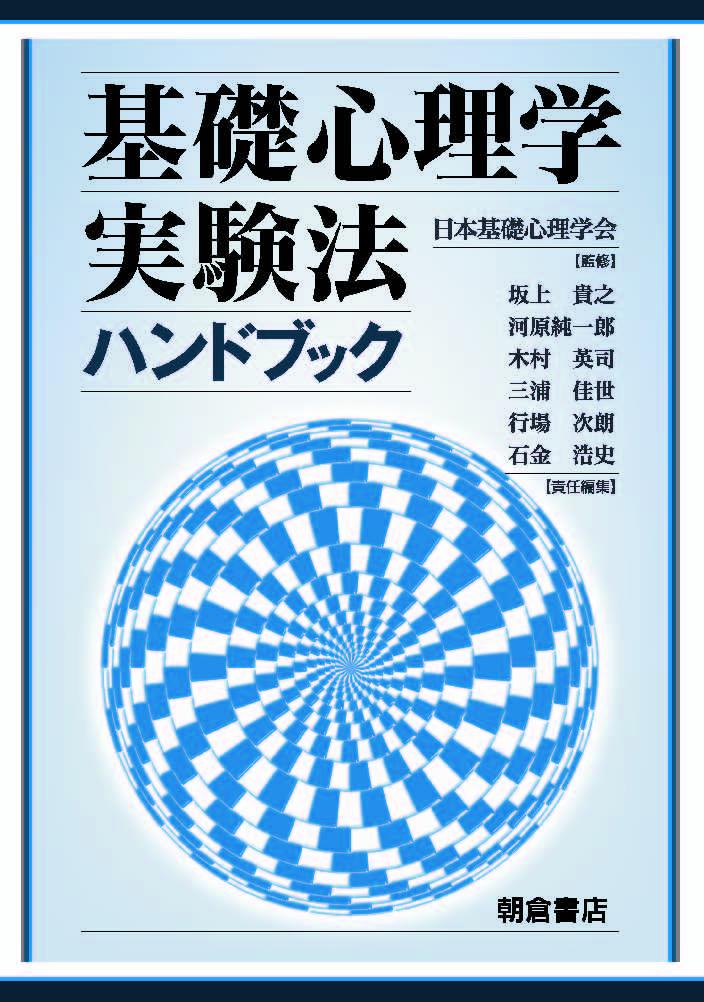
Title
Kiso Shinri-gaku Jikken Handbook (Handbook of Psychonomic Experimental Methods)
Size
608 pages, A5 format
Language
Japanese
Released
June 15, 2018
ISBN
978-4-254-52023-1
Published by
Asakura Publishing Co., Ltd.
Book Info
See Book Availability at Library
Japanese Page
Within the discipline of psychology, which deals with a wide range of issues related to the human mind, psychonomics comprises the various fields that investigate the mechanism of basic psychological processes of individuals such as perception, cognition, motivation, and emotions. Psychonomics has long been a core area since the discipline of psychology was first established in the 19th century. Today, psychonomics has begun to merge with neuroscience and cognitive science, two fields that have undergone rapid development in recent years, and continues to play an important role in expanding our understanding of the human mind. Here in Japan as well, research in psychonomics is enthusiastically pursued at many universities.
At present, boundaries between psychonomics and fields such as neuroscience and information sciences are becoming less and less distinct, and knowledge obtained in related fields is becoming increasingly necessary for the advancement of psychonomics research. Given that research methodologies involving measurements of the mind and data analysis yield insights that can be used in many different fields, it would be highly beneficial if students and researchers could proactively incorporate such knowledge into their own research. For example, signal detection theory and Bayesian inference, which have been used as bases for measuring and modeling perception, could also become the basis for decision-making theory without modification. Technologies for measuring neurologic function such as functional MRI are powerful tools that are currently being used in research on a wide range of psychological function-related topics spanning the gamut from cognition to emotions.
This book, published as part of the celebration of the 30th anniversary of the Japanese Psychonomic Society (JPS), is a handbook (first edition) explaining experimental and analytical methods that are frequently used and considered important in various fields of psychonomics along with background theories and points of attention submitted by JPS members and other experts, presented in brief and easy-to-understand language. Practical research methods are explained in a manner that can be easily understood not only by psychonomic students and researchers but, also, individuals interested in human psychology and behavior in related fields such as neuroscience, information science, and engineering. The handbook consists of six parts. The first two parts provide explanations of basic concepts, approaches, and methods for controlling sensory stimulation in psychology experiments. Specific methods are introduced in Parts 3 onward. Part 3 introduces methods for measuring and analyzing perception and sensibility. Section 4 presents representative experimental methods used in research on higher-order processes such as memory, attention, and emotions. Part 5 discusses methods used in behavioral experiments related to learning and motivation. Part 6 briefly introduces a variety of physiological methods, ranging from functional neuroimaging to molecular biological approaches. The authors of this book summary, Isamu Motoyoshi and Yuko Yotsumoto, were responsible for writing and editing a subset of the methods presented in Parts 3 and 6, respectively.
(Written by MOTOYOSHI Isamu and YOTSUMOTO Yuko, Assosiate Professors, Graduate School of Arts and Sciences / 2018)
Related Info
http://park2014.itc.u-tokyo.ac.jp/motoyoshilab/
Yuko Yotsumoto
http://park.itc.u-tokyo.ac.jp/YotsumotoLab/



 Find a book
Find a book


